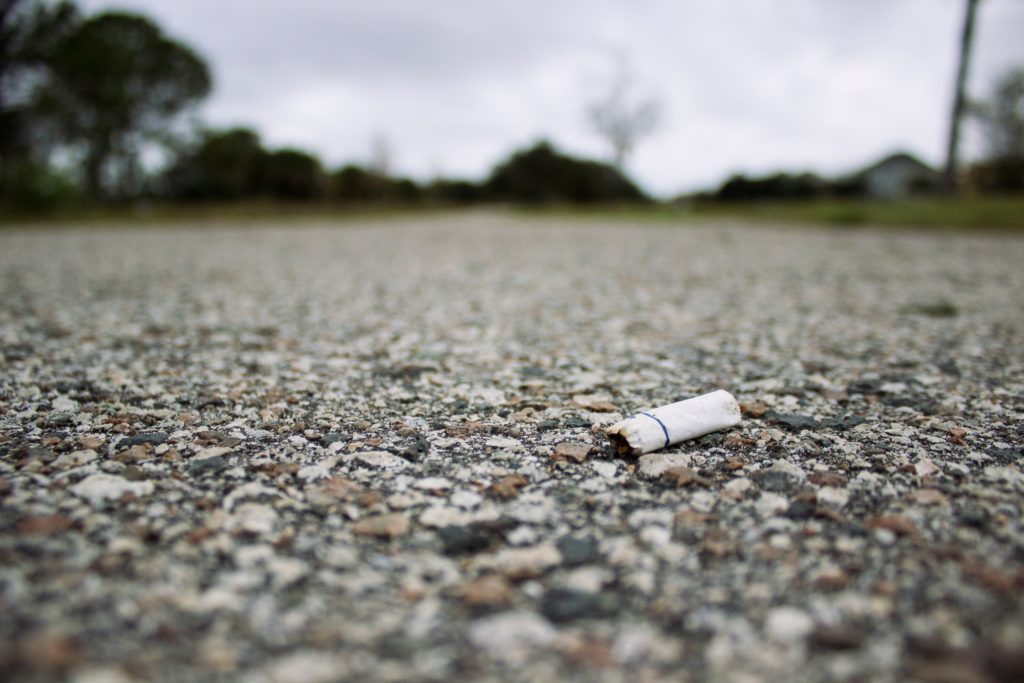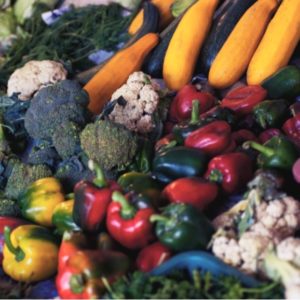Drugs, alcohol and recreational drugs
It is essential to have an honest disclosure with the team regarding smoking, alcohol and recreational drugs. Often these have an effect on anaesthesia and recovery from surgery.

Smoking cessation is recommended for all operations. The longer this can be achieved for the better outcomes related to surgery and anaesthesia.
Reducing your alcohol intake prior to the operation and afterwards (whilst taking the pain relief medication) is recommended. If this is a problem you may need to speak to your GP to get some assistance.
Exercise
The benefits of exercise are enormous. Getting yourself fitter through exercise improves your chances of health and recovery during and after your procedure.

Talk to your GP, cardiologist or physician before making dramatic changes to your exercise levels, especially if you have underlying health conditions.
Diet
Even in the short term, achieving a balanced diet can help gain better control of many conditions such as diabetes around the time of your operation.

Preparing for surgery does not just mean losing weight. Your body needs to be well nourished with all components of a balanced diet. This includes protein, carbohydrates, fat, vitamins and minerals. Many of the nutrients and micronutrients in a balanced diet will aid your cells in recovery from surgery. For example, having adequate iron levels from eating iron-containing food might aid in supporting your red blood cell levels, which can help to avoid blood transfusions during and around the time of surgery.
For people who are overweight, weight loss can improve the success of the operation itself as well as your recovery and pain management. Maintaining a balanced diet is still of vital importance.

For people who are underweight, it may be that better nutrition and some weight gain helps to prepare your body for the surgery and the recovery period. A dietician may be able to help if you required further specific advice.